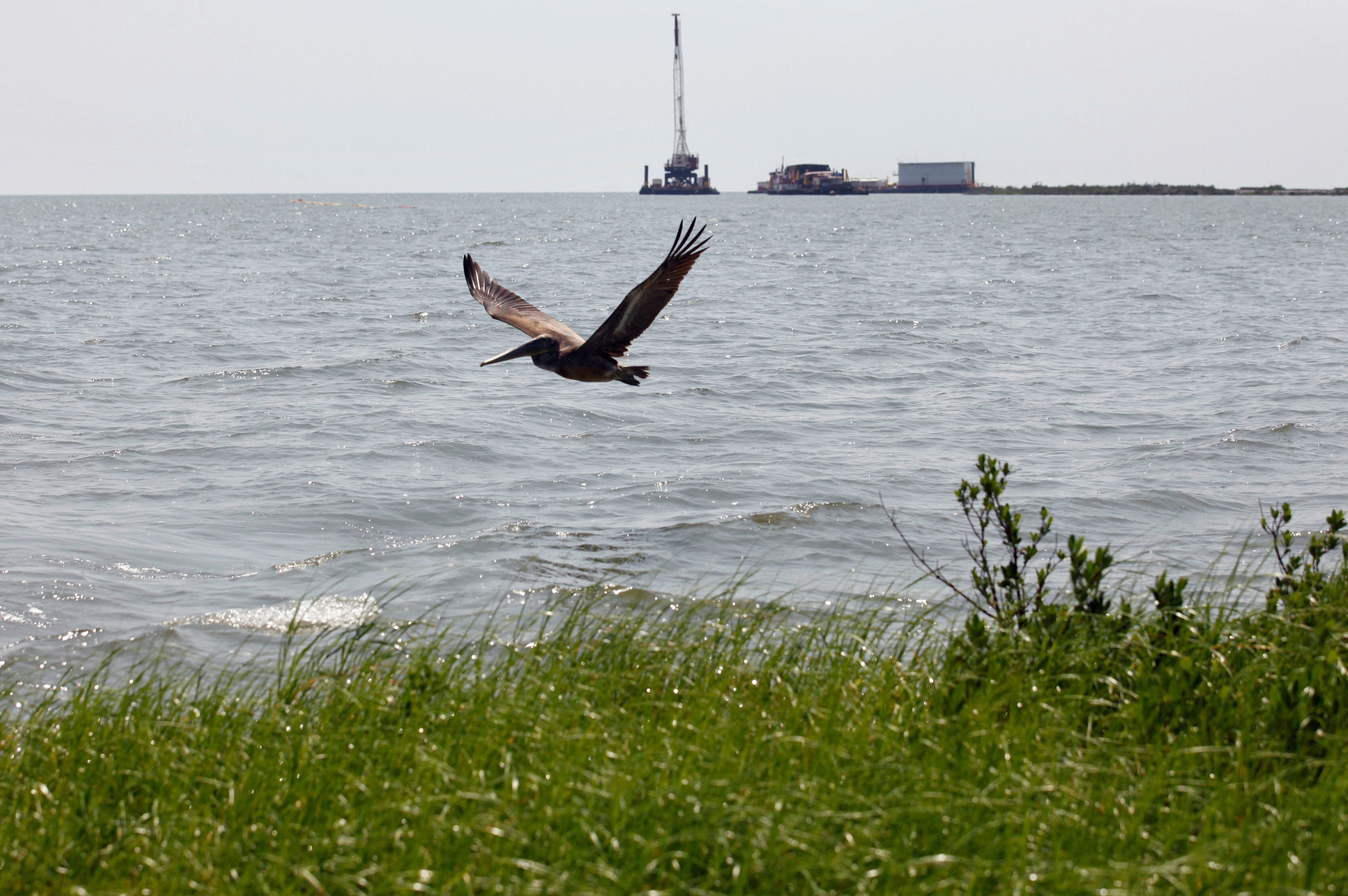Norfolk Southern’s new CEO had his first earnings call. Here’s what he said
Norfolk Southern CEO Mark George, on the job for less than two months after a scandal led to the firing of his boss, pledged to investors Tuesday that he will continue work to improve the company’s operations, safety culture and communication.
George’s remarks, during his first earnings report as CEO, come as the Atlanta-based railroad reported its profits more than doubled in the third quarter compared to the same period a year ago.
Norfolk Southern, rocked by the calamitous derailment of a train carrying hazardous materials in East Palestine, Ohio, last year, and then by an activist investor’s push to replace management this year, has undergone a rapid overhaul of top executives in recent weeks.
George, who was chief financial officer at the railroad, took the helm of the company in September after then-CEO Alan Shaw was fired for an alleged inappropriate relationship with another executive at the company.
Shaw was terminated for cause after the company said preliminary findings from an investigation determined he violated company policies by engaging in a consensual relationship with the company’s chief legal officer. The chief legal officer was also terminated.
Then, Norfolk Southern promoted Jason Zampi to the position of chief financial officer, and Jason Morris to chief legal officer.
Shortly after George was named to the top spot at the company, he told investors he has plans for productivity initiatives to generate $550 million of cost savings and is focused on improving profitability. “We have got to focus on earnings growth in dollars,” George said last month.
Zeroing in on improvements
On Tuesday, George told investors “we are on track where we’ve got some great momentum.”
“The strategy at its core is exactly what we’re going to stick to. And this really gets to (be) about execution right now,” George said. He joined Norfolk Southern five years ago from leadership roles at heating and air conditioning and elevator companies under United Technologies Corp. “I really embrace an operational excellence mindset, coming from my background in industrial products,” he said.
“When you have breakdowns in the process, you do relentless root-cause analysis to identify where the problems are, and then fix the standard processes so you can mistake-proof going forward. That’s this virtuous cycle that we have to get ourselves into,” George said.
He also said he wants to continue to improve the company’s safety culture and communication inside the business, adding that many of the best ideas come from people working in operations or working with customers.
“We have to create that environment where people are comfortable to speak up. And it’s not just process stuff, it’s not just ideas for improvement, but it’s also concerns that they might have,” George said. “We’re going to be really working on creating and fostering a better culture for two-way communication.”
This year to date, the company has seen a decline in the rate of accidents and serious injuries, but the rate of personal injuries increased slightly from 2022 and 2023.
Another key focus is improving productivity, and the company has reduced overtime and other expenses, and increased locomotive productivity to cut its fleet and reduce spending.
Meanwhile, Norfolk Southern has been working to reach new labor deals with unions that represent its workers, and this week announced a tentative agreement with the International Brotherhood of Electrical Workers for wage increases averaging 3.5% per year over the next five years. With the IBEW deal, Norfolk Southern said it has reached tentative agreements with 10 of its 13 unions.
Recovering from disruptions
Norfolk Southern reported nearly $1.1 billion in net income for the third quarter, more than double from $478 million a year ago.
The increase was partly due to the sale of two railway lines, which brought in nearly $400 million in cash proceeds.
During the quarter, Norfolk Southern was coping with a series of operational disruptions, ranging from the East Coast dockworkers strike to Hurricane Helene.
The company continues to incur costs from the East Palestine derailment in February 2023, but the amount it received from insurance payouts to cover its costs exceeded new expenses from the incident in the third quarter. So far, Norfolk Southern has tallied more than $1.7 billion in charges in response to the derailment, before more than $650 million in insurance payouts.
Its third quarter revenue was $3.1 billion, up 3% year over year. Operating expenses were $1.5 billion, down 34% from $2.2 billion a year earlier.
Chief Marketing Officer Ed Elkins said the dockworkers strike cut into international volumes, “but we expect the majority of this volume will be recovered in the months ahead.”
The railroad’s network was hit hard by Hurricane Helene in late September, temporarily shutting down part of its operations and damaging 35 miles of track, including tracks going to and from Asheville, North Carolina. The company called Helene the most significant storm to impact its network since Hurricane Katrina.
The railroad was able to reopen core routes in its network within 72 hours of the hurricane by clearing 15,000 trees, repairing washed out areas and deploying hundreds of generators.
“In the wake of the destruction caused by Hurricane Helene, we stand ready to support our customers and handle the goods and products needed to help the affected regions rebuild,” Elkins said.
However, stretches of rail east and west of Asheville remains out of service.
George said there’s “a lot more work to do, but we’ve made enormous progress.”



